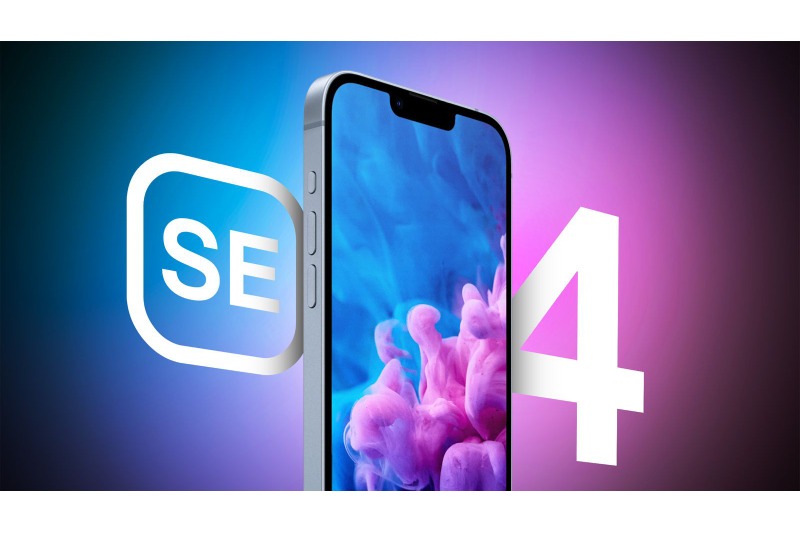Technology
Samsung Galaxy Buds 3 Pro Launch Postponed Because of Problems with Quality Control

Technology
Threads uses a more sophisticated search to compete with Bluesky
Technology
Apple’s own 5G modem-equipped iPhone SE 4 is “confirmed” to launch in March
Technology
Google is said to be discontinuing the Pixel Tablet 2 and may be leaving the market once more
-

 Business4 weeks ago
Business4 weeks agoMining waste is converted by a startup into vital metals for the US
-

 Science3 weeks ago
Science3 weeks agoSpaceX will launch 24 Starlink satellites from Florida on Monday
-

 Technology3 weeks ago
Technology3 weeks agoApple has released Final Cut Pro 11, an AI-powered program
-

 Technology3 weeks ago
Technology3 weeks agoOPPO Reno 13 series will debut in China shortly, with India following in 2025
-

 Science3 weeks ago
Science3 weeks agoExosonic, a Startup, Experiences a Supersonic Explosion Before Failing
-

 Technology3 weeks ago
Technology3 weeks agoWindows 11 PCs with Arm Processors now have an Official ISO for Clean Installations
-

 Science3 weeks ago
Science3 weeks agoDinosaur-Era Bird Brains show the Origins of Avian Intelligence
-

 Business3 weeks ago
Business3 weeks agoStarfish Space, a business providing satellite services, raises $29 million





